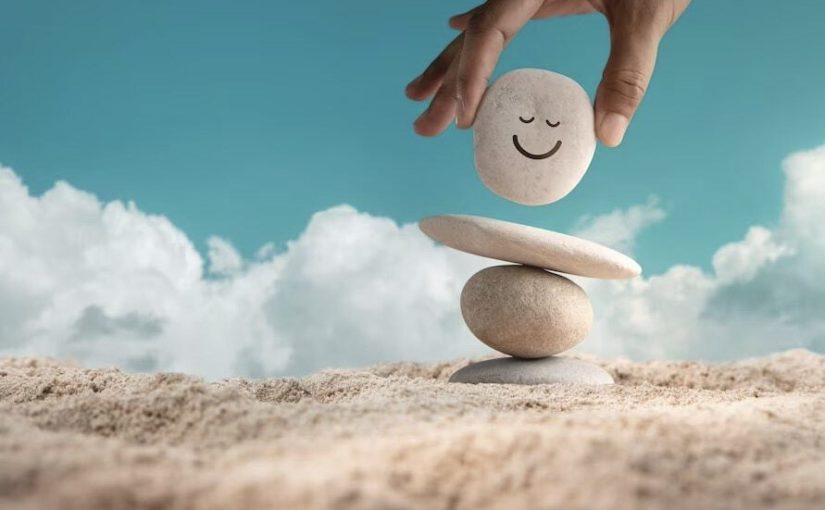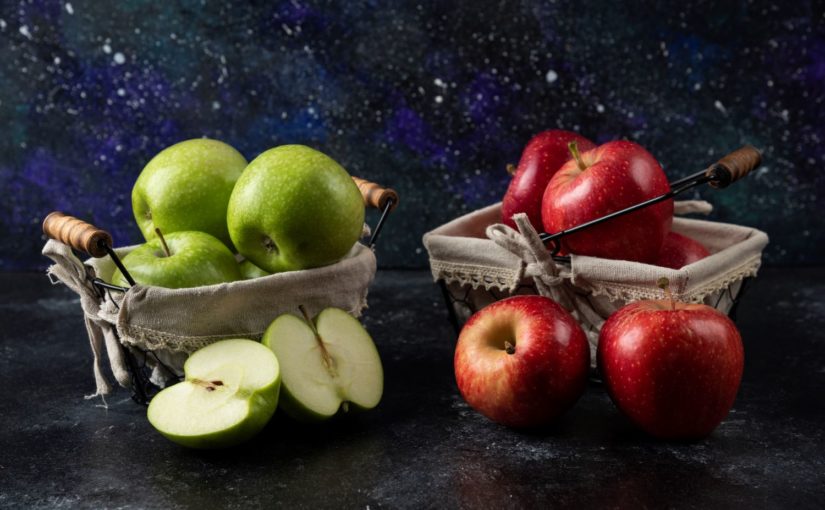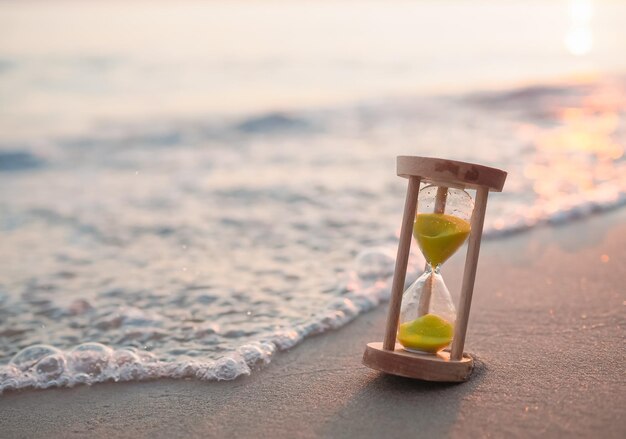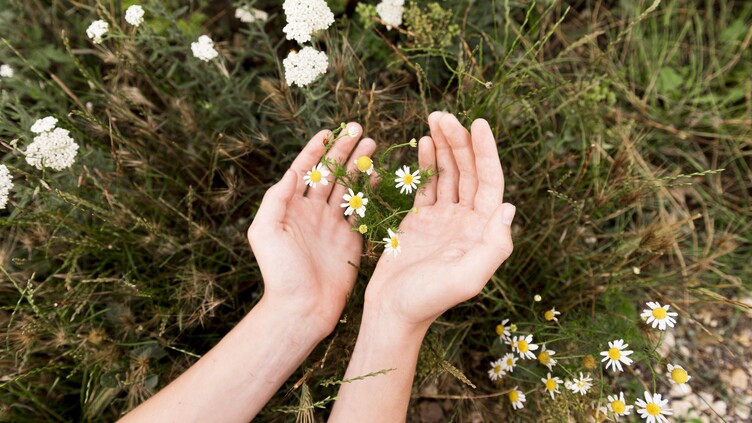The quote for this article comes from Queen Christina of Sweden:
“The past must be forgotten, the present endured or enjoyed, and the future awaited with serenity.”
Queen Christina was a free spirit who defied the norms of her time. She was more interested in sports such as fencing, horseback riding, and hunting, which were not considered appropriate for noblewomen of her era. She paid little attention to fashion and other societal expectations. Ascending to the throne as the successor to her father, Gustav Adolf, she proved to be a pragmatic and energetic ruler and politician. She played a crucial role in ending the Thirty Years‘ War and fostered a cultural renaissance in Stockholm.
In this context, her quote is ahead of its time, reminding us of the importance of mindfulness and being present in the moment. We cannot change the past, and the present is the only moment we can control. It is within this moment that we can savor, enjoy, and make the best of our circumstances. While we must accept the consequences of the past, we can also prepare for the future through our current actions. Until the future arrives, we should wait patiently and strive to influence every second positively.
Regarding forgetting the past and assessing its value, the „3-2-1“ rule can be helpful: Is it important in three hours? Will it matter in two months? Is it still significant in a year? If it remains important beyond three hours, we should consider how to make it more manageable or how to turn things around. Having a plan or strategy means working on it in every moment to make that strategy a reality.
As we navigate our lives, how can we apply Queen Christina’s wisdom to embrace the present and prepare for a fulfilling future?







